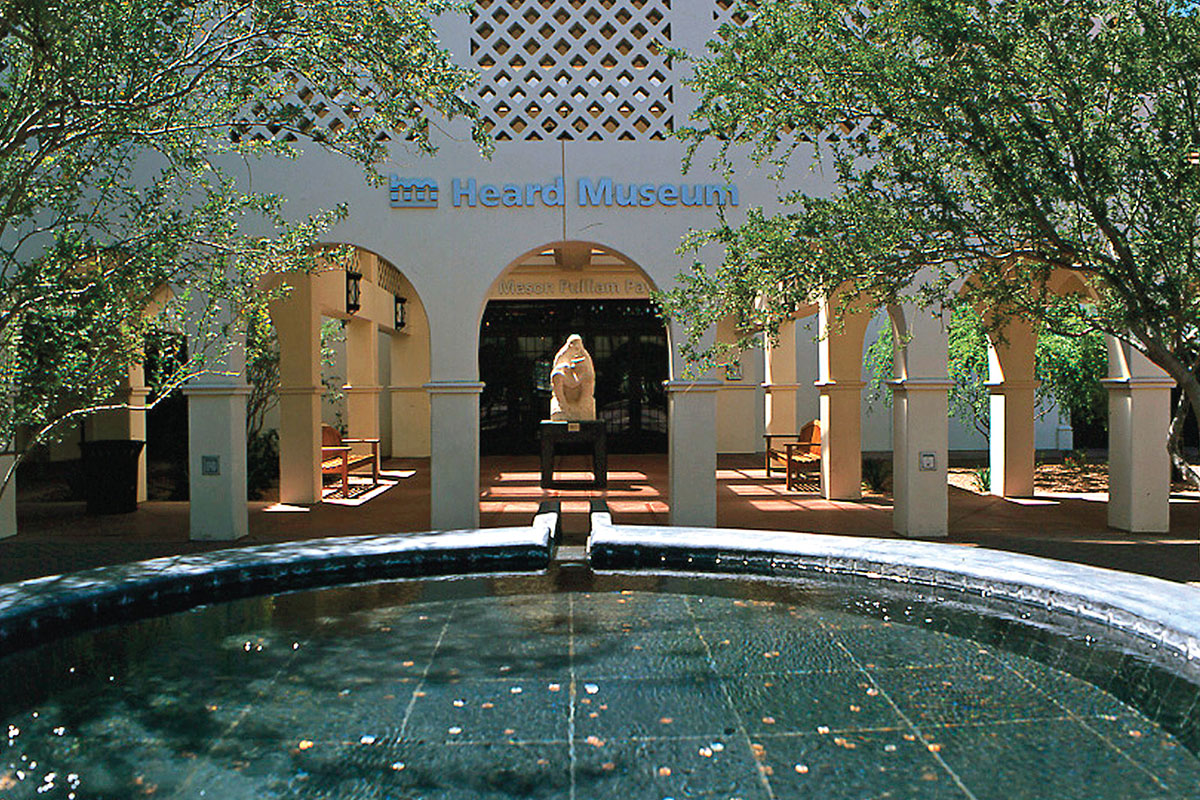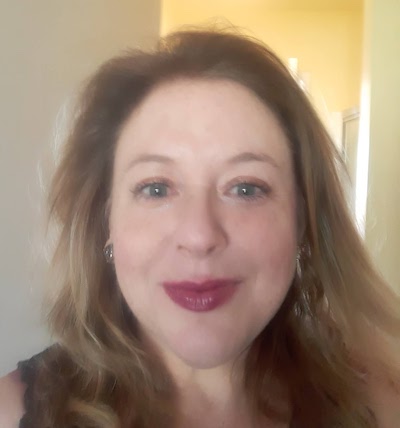
- Details
- By Tamara Ikenberg
The 2021 Heard Museum Guild Indian Fair, along with the 2020 Cherokee Art Market, will both be held online, according to recent announcements.
The Heard Museum Indian Guild and Fair will take place March 5-7, 2021, and the Cherokee Art Market will be held Dec. 7-21, 2020.
This year’s Heard fair during the first week of March was the last major Native art market to take place in person, and over 650 artists representing more than 100 tribes across the U.S. and Canada participated.
Next year’s virtual version will include artist interviews, demonstrations, performances and a juried competition.
For more information, and to register to participate, click here.
The Cherokee Art Market was originally scheduled to run Oct. 10-11 at the Hard Rock Hotel & Casino Tulsa. It was cancelled at the end of July before organizers decided to pivot online.
“With many art markets being forced to cancel this year, we wanted to develop a concept that would allow us to continue our annual celebration of Native American art and provide an opportunity for artists to safely sell their works,” Travis Owens, director of Cherokee Nation Cultural Tourism said in a press release. “We hope the virtual market will expand the reach and visibility of these artists.”
The virtual market will feature live demonstrations and more opportunities for shoppers to interact with artists.
For updates and more information about the online Cherokee Art Market, visit www.CherokeeArtMarket.com.
More Stories Like This
Two Indigenous Group Exhibits Opening January 9, 2026 at WatermarkWatermark Art Center to Host “Minwaajimowinan — Good Stories” Exhibition
Museums Alaska Awards More Than $200,000 to 12 Cultural Organizations Statewide
Zuni Youth Enrichment Project Takes Top Emerging Artist Apprentices to Phoenix for Artistic Exploration and Cultural Immersion
From Dishwasher to Award-Winning Chef: Laguna Pueblo's Josh Aragon Serves Up Albuquerque's Best Green Chile Stew
Help us defend tribal sovereignty.
At Native News Online, our mission is rooted in telling the stories that strengthen sovereignty and uplift Indigenous voices — not just at year’s end, but every single day.
Because of your generosity last year, we were able to keep our reporters on the ground in tribal communities, at national gatherings and in the halls of Congress — covering the issues that matter most to Indian Country: sovereignty, culture, education, health and economic opportunity.
That support sustained us through a tough year in 2025. Now, as we look to the year ahead, we need your help right now to ensure warrior journalism remains strong — reporting that defends tribal sovereignty, amplifies Native truth, and holds power accountable.
 The stakes couldn't be higher. Your support keeps Native voices heard, Native stories told and Native sovereignty defended.
The stakes couldn't be higher. Your support keeps Native voices heard, Native stories told and Native sovereignty defended.
Stand with Warrior Journalism today.
Levi Rickert (Potawatomi), Editor & Publisher

